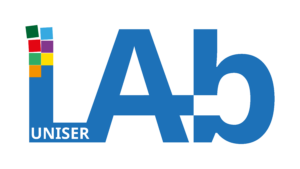PROJECT TITLE: TRAPP – TRaining for APPrentices
PROJECT REFERENCE: 2019-1-FR01-KA202-062912
STATUS: COMPLETED
TRAPP was a KA2 project coordinated by the Chambre De Metiers Et De l’Artisanat du Rhône in which Uniser participated as a partner together with other 4 organisations from 4 countries. The objective of the project was to foster long term mobility abroad of apprentices, which is usually hindered by bureaucratic aspects and the unwillingness of companies to let their “employees” go for more than a few days.
TRAPP examined these issues by comparing the methodologies adopted in France, Italy, Germany and Finland to create some tools to strengthen cooperation between VET schools and companies for organising valuable learning experiences abroad for apprentices. Partners focused their work on the creation of four products:
O1 – State of the art of the legal frameworks regulating apprenticeship and learning mobility in European countries. This output clarifies for each party in an exchange of apprentices the requirements and legal aspects for organising a mobility.
O2 – Guidelines on how to organise cross mobilites between companies in order to maintain the workforce. This output includes a toolkit on how to increase the participation of companies and it serves to organise reciprocal mobilities of apprentices between two companies so that none of them will suffer from a lack of workforce.
O3 – Guidelines on how to organise learning mobility of apprentices which takes in consideration the pedagogical point of view. This output will include a toolkit on digitalisation of learning in order to organise remote lessons for the apprentices so that they do not miss theoretical subjects while abroad.
O4 – Guidelines on validation and recognition of the learning experience carried out abroad by apprentices.
The products described above were tested on 4 pilot cross-mobilities which involved students from all the countries of the partnership.
Due to the relevance of the theme and the quality of the output produced, TRAPP was selected as a good practice by the French Erasmus+ national agency.












